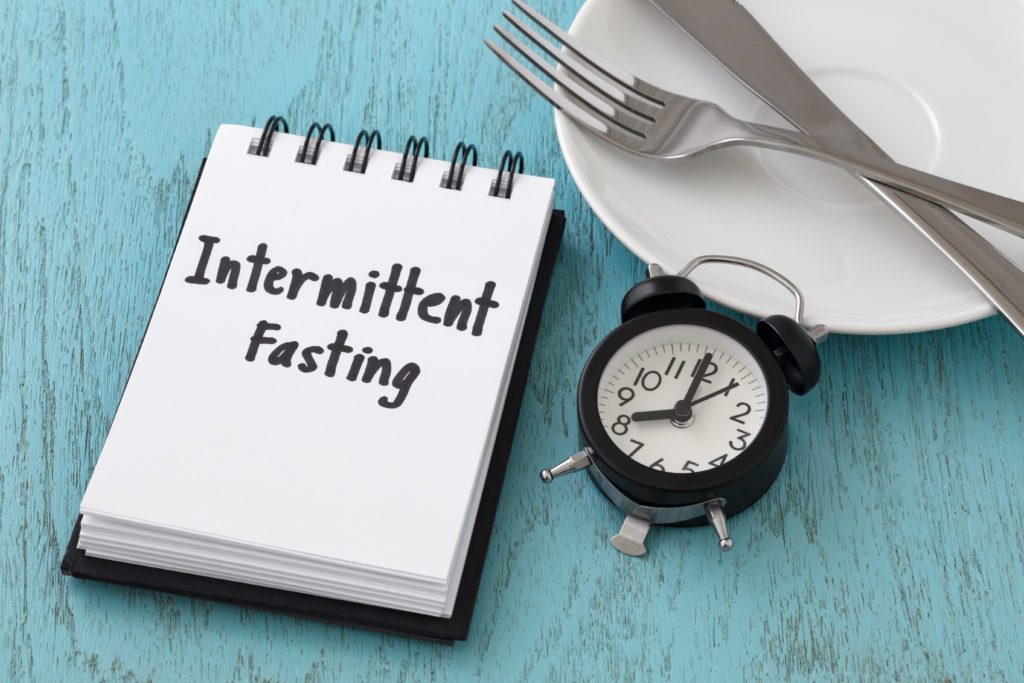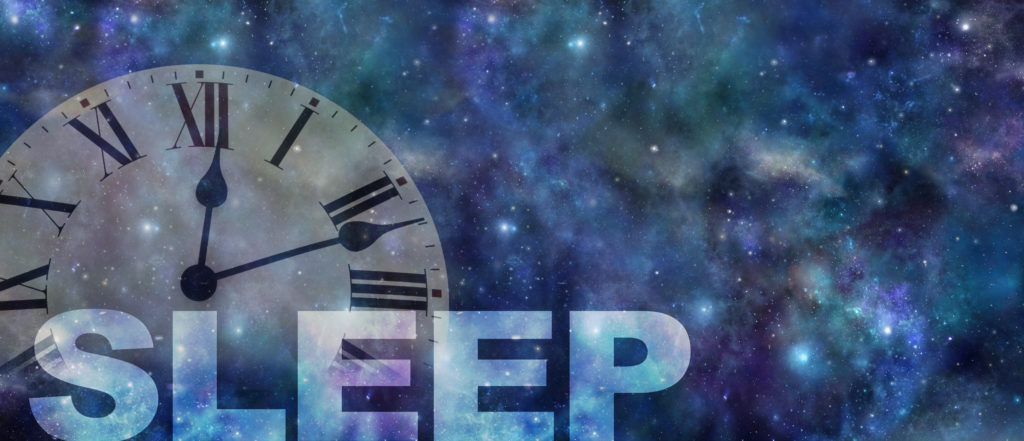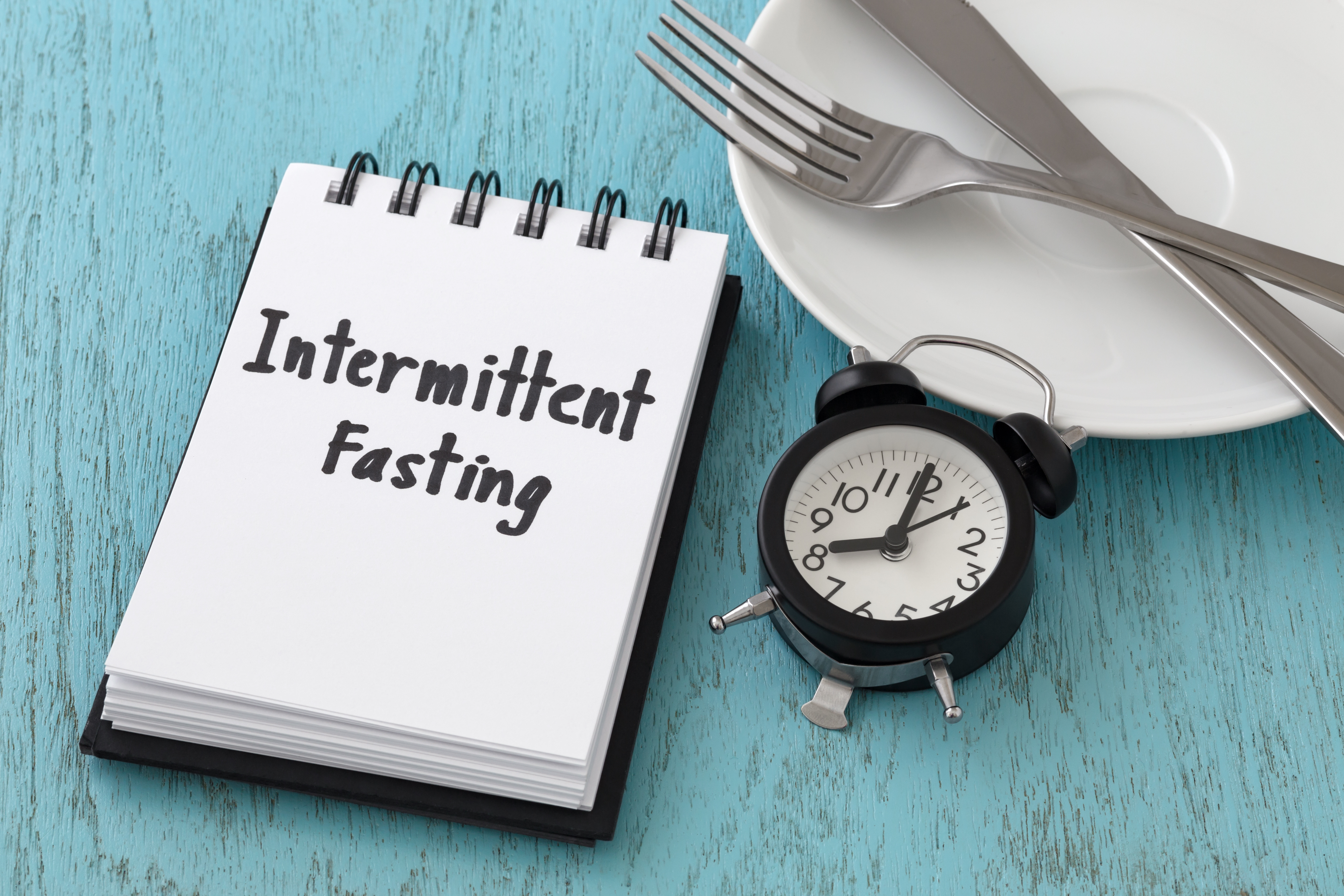“Are you losing weight easier with intermittent fasting? Does fasting affect circadian rhythms more negatively compared to blue light exposure”? This is a question that we’ve come across several times; therefore, we decided to write this article about intermittent fasting and the circadian rhythms.

So, what are circadian rhythms?
Circadian rhythms are biological rhythms found in your body that have a connection with the day and night cycles of the environment. These circadian patterns come with distinctive physiological processes. That is why there is a genetic variance to every person’s circadian code. On a simple note, the circadian rhythms are what make us to be diurnal creatures – active during the daytime and sleep at night.
What affects circadian rhythms?
The three signaling factors include movement, light, and food. Today, we’ll mainly focus on food, and in particular, intermittent fasting effects on the circadian rhythms.
Intermittent Fasting
It is an eating pattern where you cycle between periods of fasting and eating. It is a type of fasting that does not dictate which foods you are supposed to eat, but rather the time you should eat. That is, users, fast for sixteen hours of the day and eat for the remaining eight hours.
It has become a popular style of eating as people who have been using this type of fasting have lost dramatic amounts of weight, while still eating similar amounts of calories. Simmer down – there are effects that intermittent fasting offers to your circadian rhythm.
How intermittent fasting affects circadian rhythms
Circadian rhythm is affected by the times we eat. Well, that’s what intermittent fasting is – time and not what you eat. In general, food stimulates the production of insulin, which in turn activates different genes linked to the internal clocks. Nevertheless, eating stimulates internal microbiome. In turn, the bacteria stimulate the release of biochemical and hormones that stimulate sleepiness and wakefulness.

Researchers used mice to test how periods of fasting affect the circadian clock. They divided mice into two groups. One group was placed on an intermittent fasting diet, and the other group had food available at all times. All groups ate the same amount of calories. Despite this, the group that was under intermittent fasting diet did not gain weight while the unrestricted eating group gained weight rapidly.
Well, this also happens to your body when you practice the intermittent fasting diet. The science behind this is that the muscle cells use two different modes to acquire energy. When the glucose from the food you eat is readily available, insulin ‘releases’ cell receptors. The cell receptors will flood in your muscles cells and power their activity.
On the other hand, when your glucose supply is cut, the liver produces ketones from fatty acids, which will be used to fuel the muscle cells. The production of ketones brings a distinct shift in the metabolism of the cells in your body. The effect of this is felt on your circadian rhythms.
From the experiment with mice, the group under the intermittent fasting had larger oscillations in the activity of their genes that govern circadian rhythm. It means they were biochemically primed to be more wakeful during the day and sleep better during their sleeping periods. Researchers believe that this effect is all due to the ketones produced on certain circadian genes.
The Takeaway
Intermittent fasting comes with dramatic health effects, including an impact on our circadian clocks. Regardless of the benefits, it doesn’t mean it is right for everyone. When you start this type of fasting, it can be very difficult in the beginning, before your body adapts to the new schedule. You don’t want to be active during the night and sleepy during the day. Therefore, talk to your doctor before starting out intermittent fasting.
